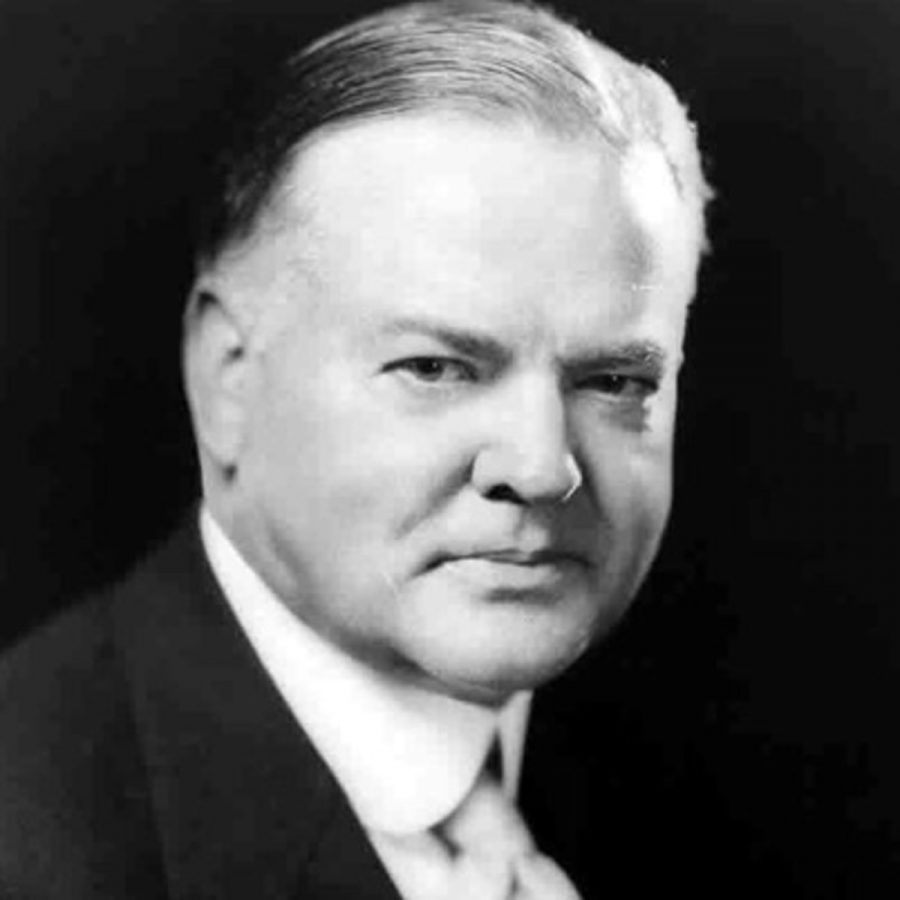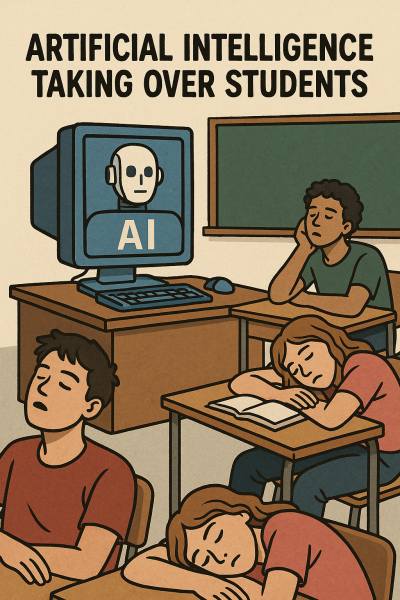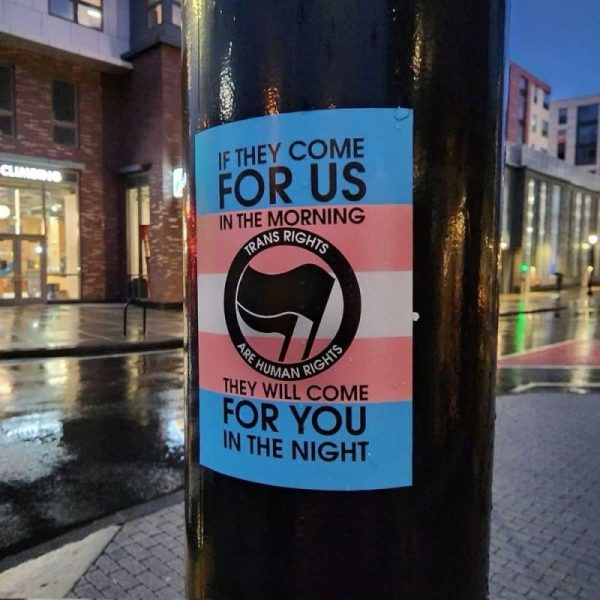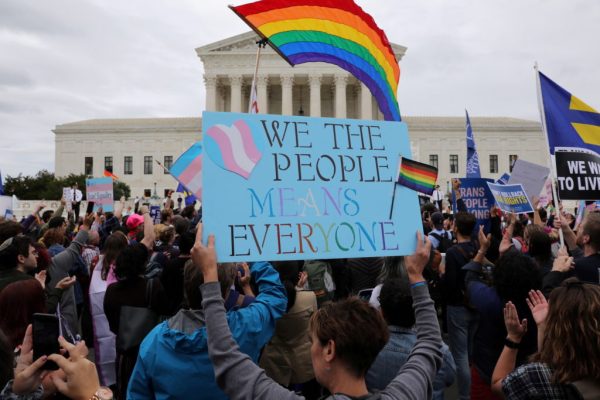Misunderstood Presidents
Examining U.S. Leaders Who Are Often Misrepresented
With historical evidence, newspaper articles, and posthumous views, we can determine our own opinion of United States presidents. Many of these opinions become mainstream and commonplace, leading to people following them without using the evidence at their hands to form their own opinion. Because of this, there are some presidents who when mentioned are automatically disregarded as good or bad without much of a thought.
A student here at Triton, Hunter Parrott, told me about a president who he finds to misrepresented in a more favorable way. He said that President Abraham Lincoln (1861-1865) was one of those presidents who is often just looked at through the common and possibly misleading lens. I found it interesting that Hunter chose Lincoln, who is often expressed as one of the greatest presidents in United States history and a symbol of freedom.
When asked for an explanation, Hunter said: “people always assume he was really gung-ho about freeing the slave when he really was not planning on it until the attack of Fort Sumter.”
While listening to this, I realized that the quote helped to illustrate what I mean when I talk about a blind following of opinions. Lincoln achieved so much of the important legislation to promote
racial equality in the latter end of his career, but he was originally against such laws in his earlier years. As a member of the Whig Party he did not necessarily think slavery was immoral, but it impeded future economic development. After the Dred Scott decision where the Supreme Court decided that African Americans had no rights, Lincoln decided that while blacks were not equal to whites, they still deserved certain inalienable rights. In my mind, he is still one of the greatest presidents, but it is always important to look past the common view on such important figures, and judgments should only be made after taking in all you can about a person. If you do not pay any attention to Lincoln’s original beliefs, you could untruthfully determine that he was an unflawed man who thought only of equality, which is why it is beneficial to be questioning of mainstream opinions.
One president who I personally like but came to find disliked by the majority of people at Triton and news sites alike is 31st President Herbert Hoover (1928-1932). These sources portrayed Hoover as someone who purposefully increased the burden of the Great Depression, and as Parrott said, “he did not help the American people and really flopped in a time of need.”
However, the AP United States History textbook, American Pageant, stated that “although continued suffering seemed to mock the effectiveness of Hoover’s measures, his efforts probably prevented a more serious collapse than did occur. And his expenditures for relief, revolutionary for that day…”
Reflecting upon that opinion, I felt as if I had written the words myself because those were the exact thoughts that went through my head as I learned more about Hoover. The book uses “revolutionary” to describe his actions, and one can see this clearly in his Reconstruction Finance Corporation (RFC), which gave half a billion dollars to companies and banks in order to create a trickle-down effect of money and jobs.
If evaluated at face value, the RFC seems to prove the point of the opposition, but this agency had tangible benefits for American citizens. With more money at their disposal once again, banks and companies could then distribute this money through new jobs, thus helping the biggest problem of the Great Depression. In addition to this, the RFC had “a strong New Dealish flavor,” as described by the American Pageant, meaning that it truly was revolutionary and contradictory to Hoover’s conservative beliefs.
Through the RFC, banking reform, loans to feed the unemployed, and expansion of public works, Hoover gave relief to the American people. While it is true that many of his programs came too late into the depression to provide maximum assistance, it is also true that such an event had never happened before, and Hoover had practically no responsibility in starting it. When people see that he was the president during the height of the Great Depression, they automatically assume that he was a terrible American leader who created a disaster. They refuse to look at the extraordinary efforts he made to alleviate the burden, choosing instead to follow the misrepresented view that he purposefully spurred on the depression.
When talking about presidents or anything else in life, people are all too fond of blindly following ideas. It is especially prevalent in our current socio-political climate, which prefers noise over logical discourse. I implore every one of us to be more discerning in life, more questioning of the opinions we hear. This does not mean acting purposefully rude or confrontational; it means to break down arguments and analyze it using logic. If we as a people choose to blindly follow statements, misrepresentations will become more and more common

Hello, my name is Alexander Sharpe and I am currently a junior at Triton High school. I live in Rowley with my family which includes my two cats and dog....









